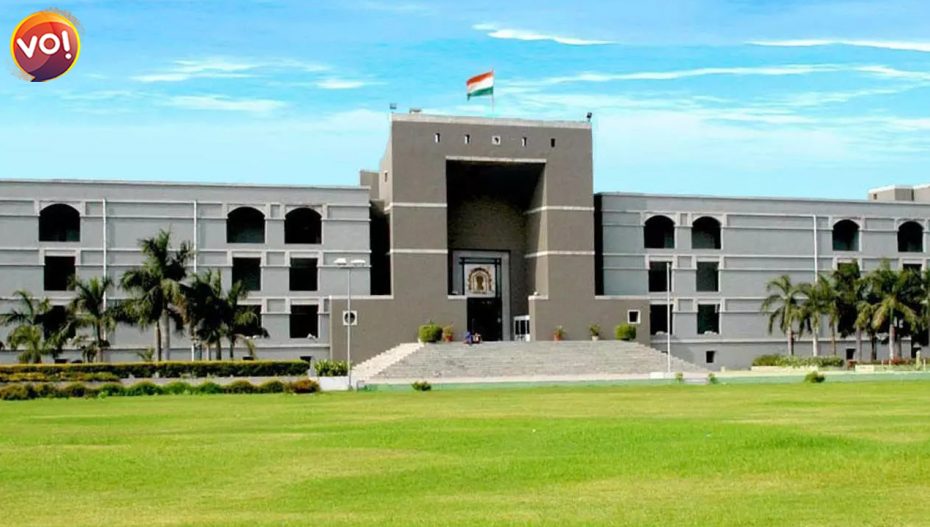Wildlife activists in Little Rann of Kutch have pressed alarm bells over alleged encroachment inside the Wild Ass Sanctuary. The activists, earlier in January, sought urgent intervention from state forest and environment minister Mulu Bera. Their report charged some “big salt manufacturing unit” with setting up base inside the reserve and operating heavy machinery therein. The ecosystem, and its already endangered habitat, were severely threatened, they contended.
As a fallout, a PIL was filed on Monday in the Gujarat High Court seeking to stop salt farming within the reserves. Four petitioners have urged the HC to direct state authorities not to allow salt farming by creating salt pans in and around LRK, which touches five districts, and are in violation of various environmental protection laws.
The petitioners’ advocate Amit Panchal requested the bench headed by Acting Chief Justice A.J. Desai to grant an early hearing. The bench has agreed to hear the PIL on Wednesday.
Located in an area called Little Rann of Kutch, the Wild Ass Sanctuary in Kutch is the only home to wild ass in India. The sanctuary was set up in 1973 with a purpose to protect the endangered Indian species. Sprawling an area of 5,000 square km and covering a minor portion of cities like Sundernagar, Rajkot, Patan, Banaskantha and Kutch district, the wild ass sanctuary is the largest wildlife sanctuary in Gujarat. The Asiatic wild ass was included in the red category by the International Union for Conservation of Nature (IUCN) in 2009.
The PIL argues that salt farming within the sanctuary upsets the ecological balance and authorities should be directed to cancel permissions and licenses. In support of their claim that salt farming had increased in the past couple of years, satellite images have been submitted. The PIL also urges the court to call for details of existing salt mining leases granted per existing laws and seeks a stop on any fresh lease.
The United Nations Educational, Scientific and Cultural Organization (Unesco) has declared the entire area as the Kutch biosphere reserve, and the 3,569 sq km area of LRK was declared as a sanctuary in 1978.
In 2020, the National Green Tribunal (NGT) stayed the grant of lease for the salt industry within 10 km of the sanctuary and against the construction of sand embankments for salt pans as they obstruct the natural flow of water.
Also Read: MoS Technology: Trust Indian Banking Systems More












